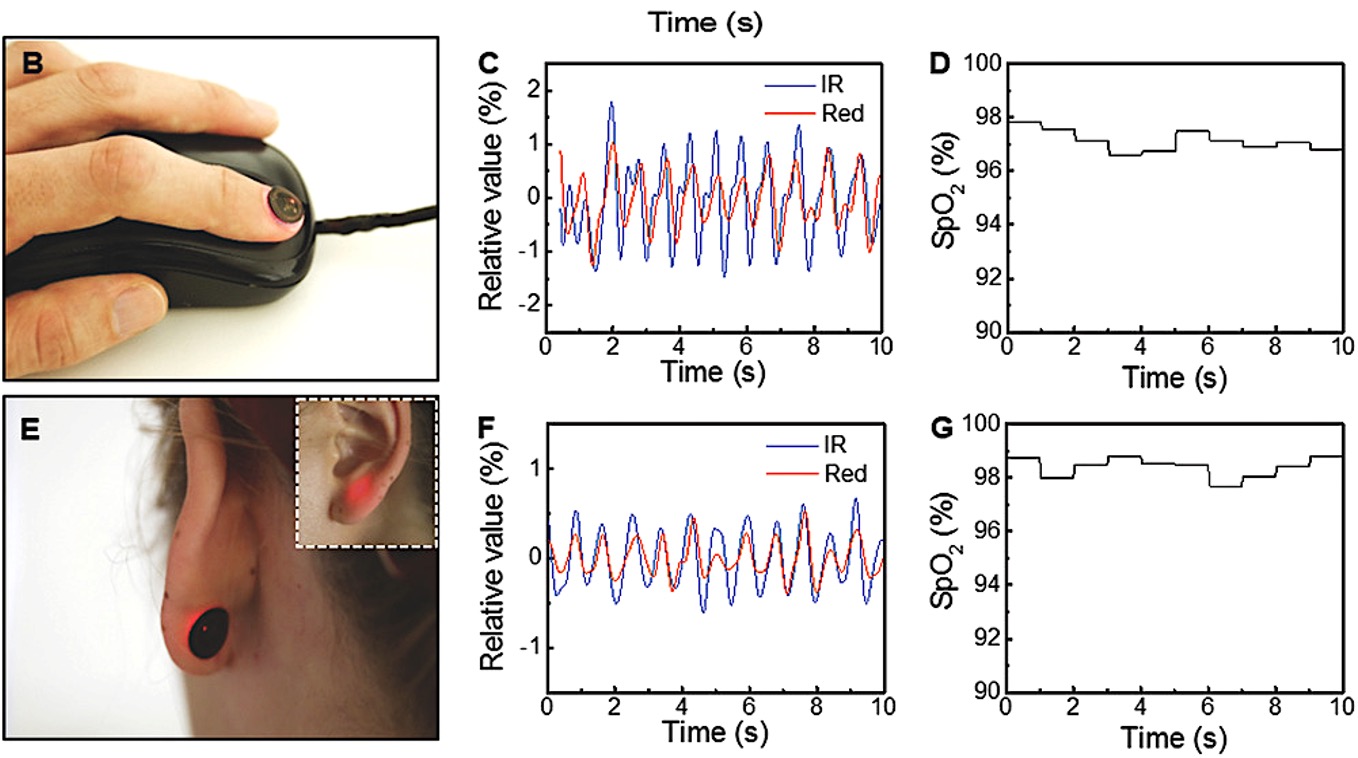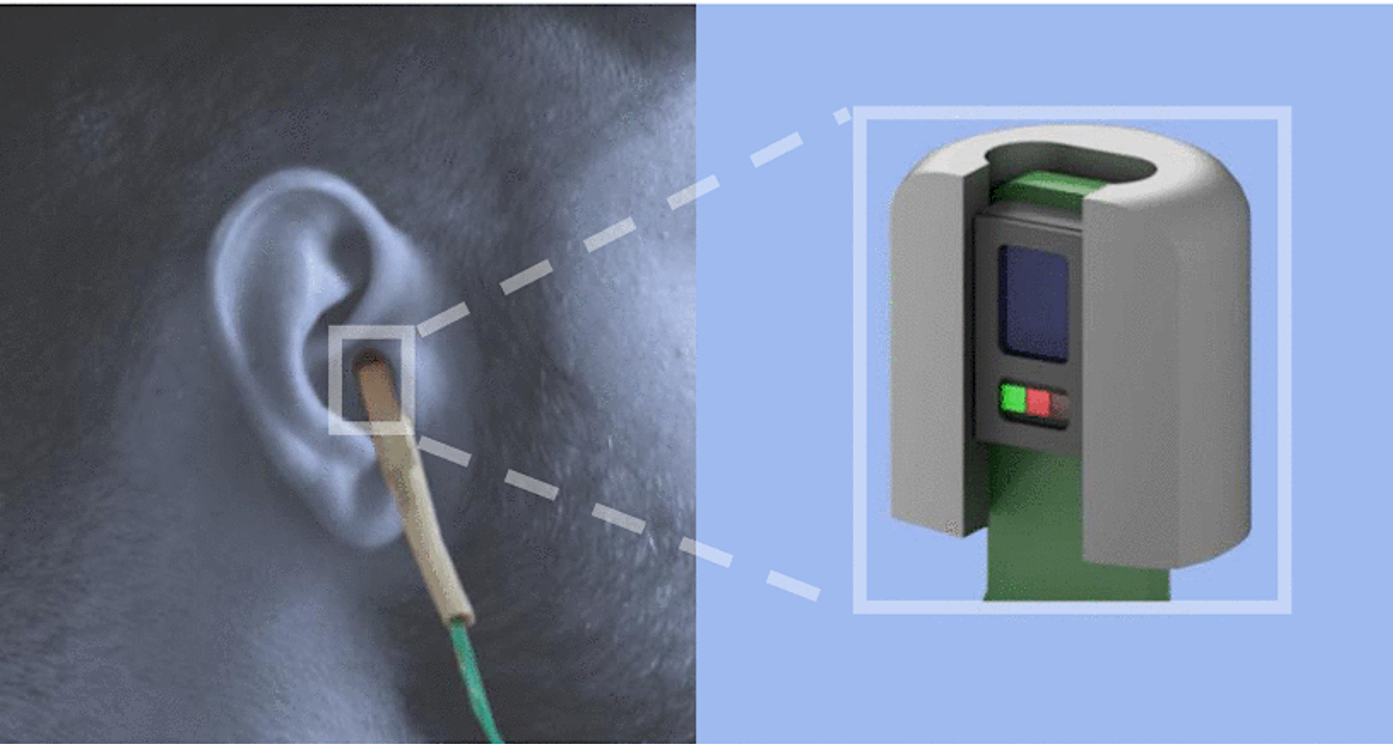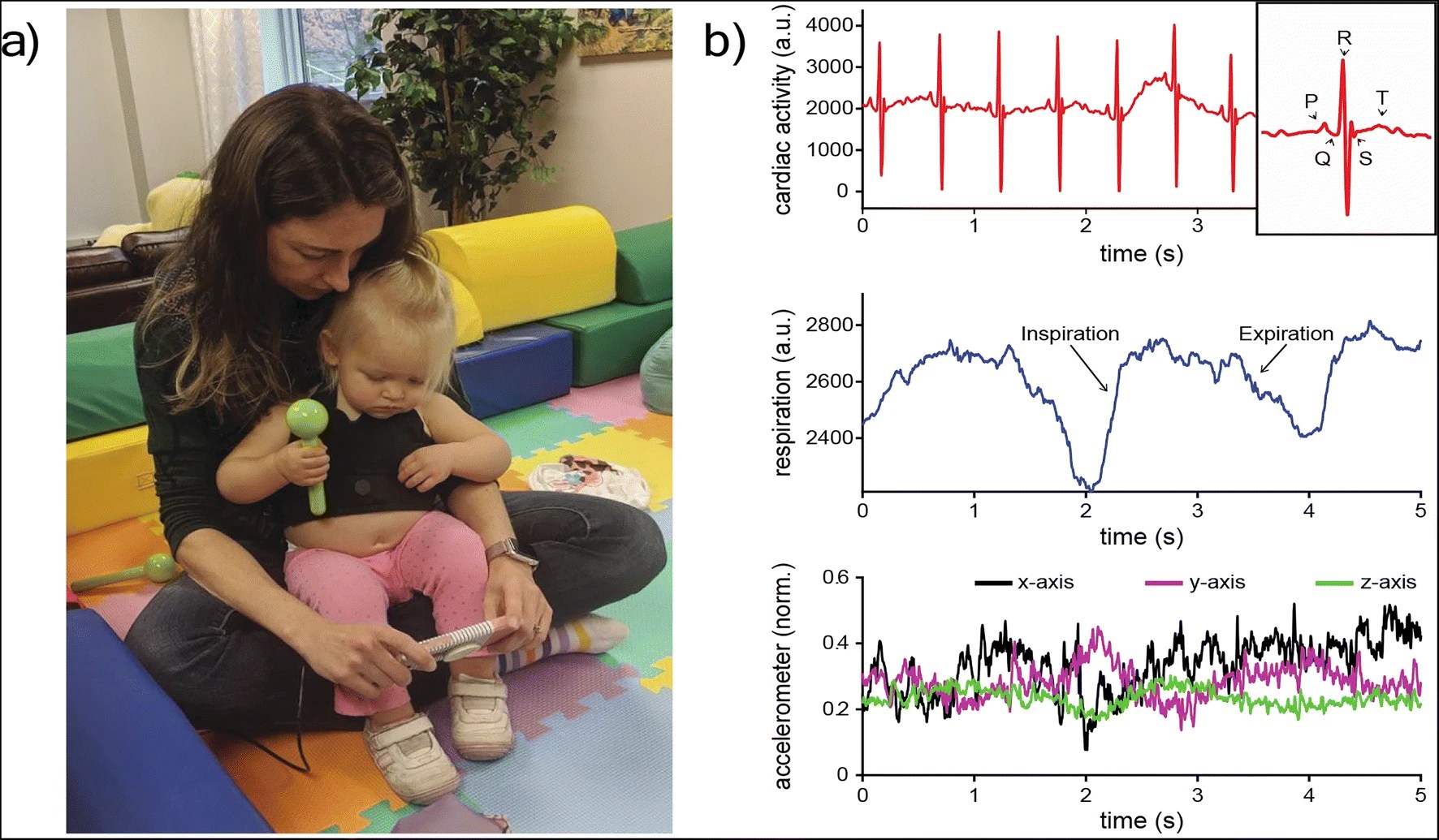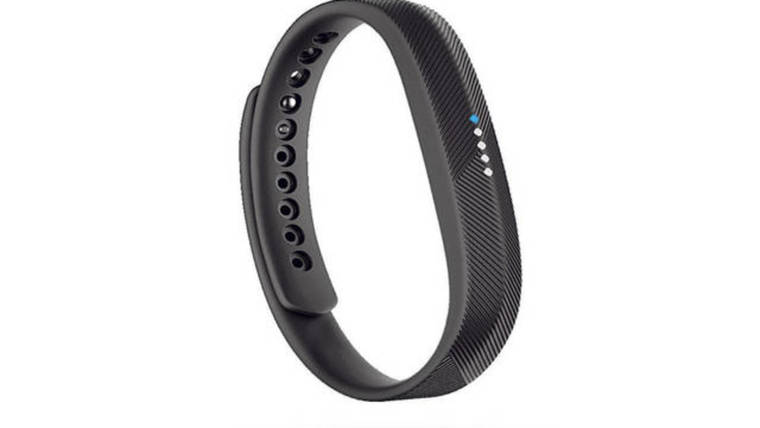One person like that
#fitbit
‘Surveillance is een vast onderdeel van ons leven geworden, en dat zal alleen maar toenemen’
Vrij Nederland (Alleen vandaag gratis)
‘Vroeger was er eerst een verdenking en dan volgde de surveillance, nu is er eerst surveillance en volgen pas daarna de verdenkingen,’ zegt bijzonder hoogleraar Digital Surveillance Mark Schuilenburg. (...)
(Tekst loopt door onder de foto.)
Waze is volgens Schuilenburg een voorbeeld van een technologie die met behulp van Artificiële Intelligentie (AI) en algoritmes ons gedrag subtiel een bepaalde richting op stuurt. (...)
‘Mentale sturing en beïnvloeding worden voor techbedrijven steeds belangrijker, vooral op het gebied van veiligheid en gezondheid. Niet alleen het lichaam, maar ook de psyche, de geest, moet worden gestuurd. Dat is inderdaad anders dan de vlieg in het urinoir, omdat het gebeurt met enorme hoeveelheden data, en het voortdurend te personaliseren is. Bij een verkeersdrempel moet iedereen langzamer rijden, terwijl psychomacht op maat kan worden gesneden, via microtargeting, of doordat het de ene Facebookgebruiker bepaalde berichten laat zien die bij anderen niet of in andere vorm op hun tijdlijn verschijnen. Of dus bij een app als Waze.’
U plaatst Waze in hetzelfde rijtje als de Apple Watch en de digitale deurbel van Amazon.
‘Ik noem dat soort producten luxe-surveillance. Mensen willen zichzelf tegenwoordig monitoren en zijn bereid daarvoor te betalen. Dat is interessant. Surveillance werd altijd gezien als iets dat vanuit de staat kwam. Daar komen ook alle dystopische verhalen – China, Orwell – vandaan. Met luxe-surveillance zie je dat mensen zelf een flinke som geld neerleggen om zichzelf vrijwillig te bekijken. Dat illustreert de overgang van disciplinaire naar psychomacht.’ (...)
In de jaren negentig vernetwerkte surveillance. De camera’s op straat werden met elkaar verbonden en daardoor is de controle overal. Nu, in fase drie, zijn bewakingscamera’s uitgerust met AI en algoritmes, denk aan automatische gezichtsherkenningstechnologie. (...)
‘Surveillance is een vast onderdeel van ons leven geworden, en dat zal alleen maar toenemen. Je ziet dan ook dat surveillance met AI en algoritmes niet meer alleen wordt ingezet door de politie, maar ook daarboven, door organisaties als Europol, daarbeneden, wanneer burgers patrouilleren in de wijk en apps als Veiligebuurt of Citizen gebruiken, en ernaast, doordat techbedrijven als Amazon en Google de zorg voor veiligheid steeds vaker faciliteren door slimme apparaten met ingebouwde camera’s, microfoons en trackingsapparatuur te ontwikkelen.’ (...)
En dat is nou precies waar het nieuwe boek van Schuilenburg, Making Surveillance Public. Why You Should Be More Woke about AI and Algorithms, over gaat.
Want technologie wordt nog te vaak ontworpen en ingezet vanuit een ‘technologisch-economisch’ perspectief, vindt hij, waarin publieke waarden als privacy, non-discriminatie, transparantie en het nemen van verantwoordelijkheid (accountability) het afleggen tegen waarden als veiligheid en efficiëntie. (...)
‘Veel mensen herkennen de Apple Watch, Fitbit en Amazon-deurbel niet als surveillance.’ (...)
Tags: #nederlands #boeken #privacy #gezichtsherkenning #clearview #facebook #google #surveillance #massasurveillance #surveillance_kapitalisme #algoritme #ai #artificial_intelligence #kunstmatige_intelligentie #waze #algoritme #nudging #amazon #apple #slimme_deurbel #gezichtsherkenning #veiigebuurt #citizen #tracking #fitbit
Fitbit is pulling out of South Africa
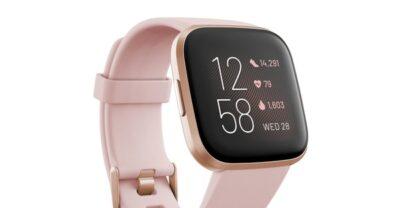
Fitness device manufacturer Fitbit is withdrawing from the South African market in line with parent Google’s decision not to sell consumer hardware products in the country.
In a terse statement in response to questions from TechCentral about the development, a Google spokesman said the company has decided to stop selling Fitbit and Nest products (both owned by the company) in select countries “to align our hardware portfolio to map closer to Pixel’s regional availability”.
Well, we’ve never had the Pixel phones officially on sale in South Africa, and I’ve had so many issues the last few months with my Fitbit Aria scale that I don’t really feel like buying any more Fitbit devices. I’d already stopped buying Fitbit fitness trackers about 5 years ago due to strap issues. So, I for one, won’t be missing them. Ever since the buyout by Google it seemed like Fitbit was anyway no longer what it used to be.
See https://techcentral.co.za/fitbit-is-pulling-out-of-south-africa/234830/
#Blog, #Fitbit, #southafrica, #technology
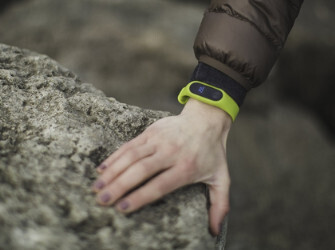
07.09.2023 Von der eigenen Uhr belauscht
Noyb geht gegen Fitbit vor
Die Firma Fitbit - die natürlich inzwischen seit 2021 zu Google gehört - verkauft "intelligente" Uhren. Diese können die Aktivität der Nutzer*innen aufzeichnen, auch Körperfunktionen wie Herzfrequenz oder Schlafzyklen, das eigene Gewicht oder den Zyklus.
Soweit so gut, wenn ich der Einzige bin, der diese Daten erhält. Im Gegenteil, bei Inbetriebnahme muss ich zustimmen "der Weitergabe ihrer personenbezogenen Daten an Länder außerhalb der EU ". Eine einmal erteilte Zustimmung kann man nicht widerrufen.
Beide Tatsachen widersprechen der europäischen DSGVO, denn eine solche erzwungene Einwilligung sei „weder frei, informiert noch spezifisch“. Deswegen hat die Datenschutz-Organisation „None of Your Business“ (noyb) wegen angeblicher Verstöße gegen die Europäischen Datenschutzregeln gleich bei der österreichischen, der niederländischen und der italienischen Datenschutzbehörde Beschwerde gegen Fitbit eingereicht.
Warum Daten nach außerhalb der EU?
Man hätte ja noch (ein ganz geringes) Verständnis gehabt, wenn Fitbit versuchen würde, meine sensiblen persönlichen Gesundheitsdaten für die Optimierung ihres Produkts sich selbst zuschicken würde. Aber nein, es muss gleich die ganze Welt - vor allem außerhalb der EU - sein, denn dort gilt die DSGVO nicht. Das beweist wieder einmal, dass die DSGVO trotz aller Unzulänglichkeiten nicht so schlecht sein kann.
Es geht natürlich um das ganz große Geld, welches die großen Internetkonzerne mit persönlich identifizierbaren Menschen und ihren Gesundheitsdaten machen möchten.
Mehr dazu bei https://netzpolitik.org/2023/dsgvo-fitbit-soll-illegal-daten-verarbeiten/
Kategorie[21]: Unsere Themen in der Presse Short-Link dieser Seite: a-fsa.de/d/3w6
Link zu dieser Seite: https://www.aktion-freiheitstattangst.org/de/articles/8516-20230907-von-der-eigenen-uhr-belauscht.htm
Link im Tor-Netzwerk: http://a6pdp5vmmw4zm5tifrc3qo2pyz7mvnk4zzimpesnckvzinubzmioddad.onion/de/articles/8516-20230907-von-der-eigenen-uhr-belauscht.html
Tags: #Noyb #Fitbit #Google #Big5 #GAFAM #Gesundheitstracker #Verbraucherdatenschutz #Datenschutz #Datensicherheit #Ergonomie #Datenpannen #Datenskandale #Lauschangriff #Überwachung #Datenweitergabe #EU #DSGVO #Smartphone #Handy #Transparenz
2 Likes
Your Fitbit Charge 5 Might Be Broken After Its Latest Update (and many Aria scales also have issues)
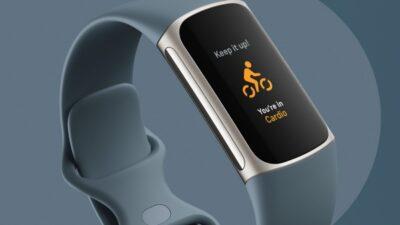
Botched and buggy software updates are all too common these days. But the latest Fitbit Charge 5 update takes things to a new level—several users complain that their Charge 5’s screen is now unresponsive, while others are struggling with battery drain.
I’m also in a group of about 50 or 60 Fitbit Aria scale users complaining that the second user of the scale is being seen only as a guest user. But the worst is about 2 months went by without Fitbit (Google) acknowledging it in the forum thread (on their website). Needless to say it has really incensed all the users.
Many voiced opinions that Google is really trying to kill off Fitbit as a separate product. Whatever the reason, there is still no reason to be so distance from your customers.
See https://www.reviewgeek.com/158558/your-fitbit-charge-5-might-be-broken-after-its-latest-update/
#Blog, #Fitbit, #health, #technology
One person like that
2 Comments
One person like that
1 Shares
Fitbit gets US FDA clearance for passive heart rhythm monitoring
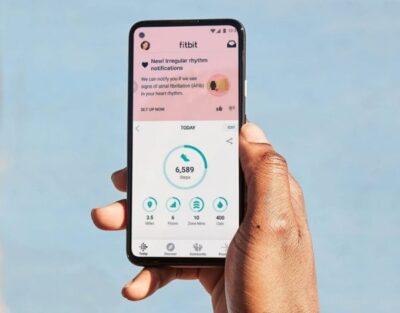
A Fitbit feature that passively monitors users’ heart rhythms was cleared by the US’s Food and Drug Administration, the company announced today.
AFib is a form of irregular heart rhythm that affects nearly 33.5 million people globally, and individuals with AFib have five times higher risk of stroke. Unfortunately, AFib can be difficult to detect as there are often no symptoms and episodes can come and go.
The feature periodically checks wearers’ heart rhythms and alerts them if they show signs of atrial fibrillation, a type of irregular heartbeat that puts people at a higher risk for stroke. Fitbit already had an FDA-cleared EKG app that can do spot checks for the condition, but users had to manually take those readings. The new tool runs in the background.
See https://www.theverge.com/2022/4/11/23020143/fitbit-google-fda-clearance-heart-rhythm-afib
#technology #health #fitbit #heart
#Blog, ##fitbit, ##health, ##heart, ##technology
Newer study of 875 Fitbit-wearers shows Fitbits detect lasting changes after COVID-19
One in five Americans uses a Fitbit, Apple Watch or other wearable fitness tracker. And over the past year, several studies have suggested that the devices — which can continually collect data on heart rates, body temperature, physical activity and more — could help detect early signs of COVID-19 symptoms.
Now research suggests that these wearables can also help track patients’ recovery from the disease, providing insight into its long-term effects.
In a paper published Wednesday in the journal JAMA Network Open, researchers studying Fitbit data reported that people who tested positive for COVID-19 displayed behavioral and physiological changes, including an elevated heart rate, that could last for weeks or months. These symptoms lasted longer in people with COVID than in those with other respiratory illnesses, the scientists found.
“We want to kind of do a better job of collecting long-term symptoms so we can compare the physiological changes that we’re seeing with symptoms that participants are actually experiencing,” Radin said. “So this is really a preliminary study that opens up many other studies down the road.”
See Fitbits detect lasting changes after COVID-19
#health #wearables #illness #fitbit #covid #technology
Last spring, when the nation’s COVID-19 cases were soaring and tests were in short supply, some scientists wondered whether a new approach to disease surveillance might be on Americans’ wrists.
One person like that



